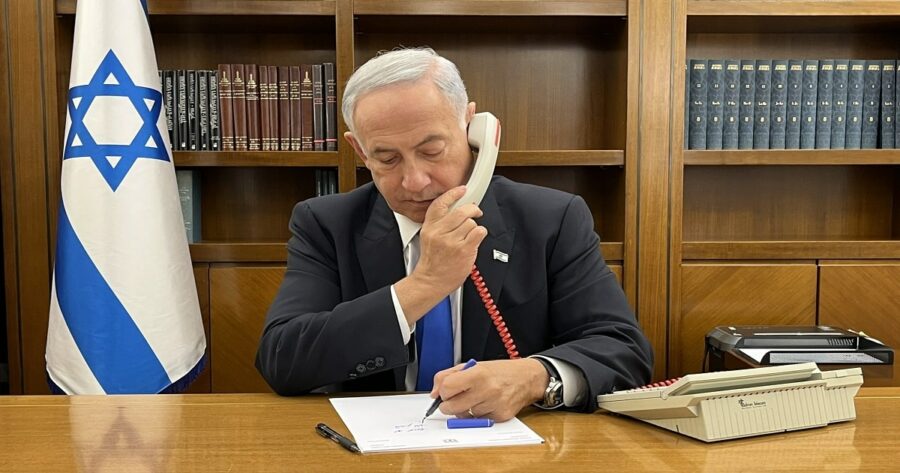The re-election of Benjamin “Bibi” Netanyahu as Israel’s Prime Minister further complicates matters in the region. He has been seen as a hard-right leader with little regard for wanting a truce between the Palestinians. It is also problematic to see him fill his cabinet with several right winged anti arab Ministers to govern.
The Palestinians see his choice to do so as a signal the government is not serious about peace within the region. According to the United Nations, Israel is an apartheid state consisting of an open-air prison in Gaza for the Palestinians. “Apartheid is not, sadly, a phenomenon confined to the history books on southern Africa” – UN rights expert Michael Lynk
The independent rights expert added that Israel’s military rule in the occupied Palestinian territory has been deliberately built with the “intention of enduring facts on the ground to demographically engineer a permanent, and illegal, Israeli sovereign claim over occupied territory, while confining Palestinians in smaller and more confined reserves of disconnected land”.
Coalition governments in Israel are as stable as a house of cards, it is not unrealistic to hypothesize the region is heading for unrest and escalating violence under Netanyahu. One that will likely see the complete destruction of Gaza and the displacement of over 2 million Palestinians.
With the revolving door of elected heads of state in the region, it is hard not to assert that there will never be peace between Israel and Palestine. While it is true that the conflict between these two sides has persisted for decades and that finding a solution will require addressing a wide range of complex and difficult issues, it is essential to recognize that there have been periods of relative calm and cooperation in the past. There is always the possibility of finding a way forward towards a more peaceful and stable future.
Many factors contribute to the ongoing conflict between Israel and Palestine, including historical and political issues, land settlement, cultural differences, and religious and ideological differences. Resolving these issues will require a sustained and committed effort on the part of both sides, as well as the support of the international community.
One of the critical challenges in finding a solution to the conflict is the lack of trust and mutual understanding between Israelis and Palestinians. Over the years, both sides have engaged in actions that have fueled resentment and mistrust, and finding a way to build bridges and promote reconciliation will be crucial for moving forward.
Another challenge is the lack of a clear and viable path towards a peaceful resolution. There have been numerous efforts to negotiate a peace settlement over the years. Still, these have often been stymied by competing interests and a lack of willingness to compromise on both sides.
Despite these challenges, it is important to remain hopeful and to continue working towards a peaceful resolution to the conflict. Many individuals and organizations on both sides are committed to finding a way forward, and there are examples of cooperation and collaboration that give reason for hope. It will not be easy and require patience and persistence, but it is important to keep working toward a more peaceful and stable future for all those involved.
Image source: Netanyahu’s Twitter feed









